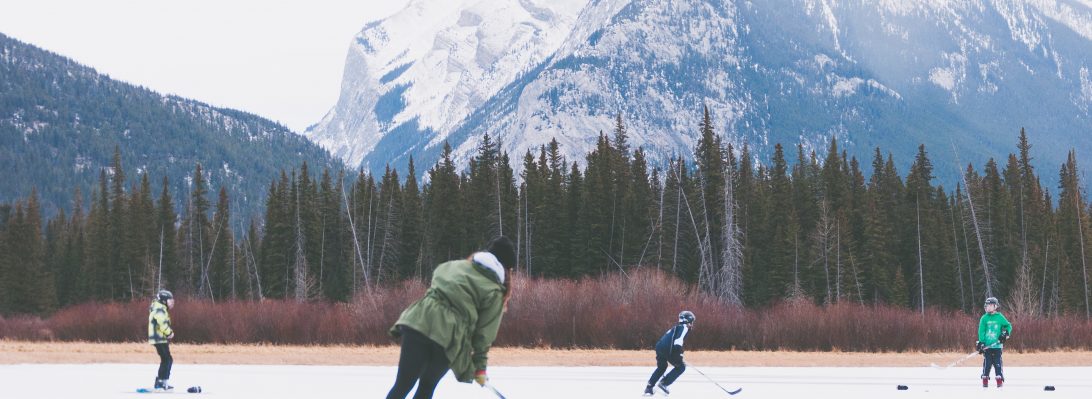Kristian Risteski (Coach)
Dr. Biljana Popeska (Goce Delcev University)
I am Kristian Risteski, a senior volleyball player and coach of young volleyball players at the Volleyball club Stip UGD from Stip, North Macedonia. I have been playing volleyball actively for 20 years and for the past 7 years I have been a coach of young volleyball players. Currently, I am working as an assistant coach for the senior team of Goce Delcev University, which also competes in the national volleyball league. Also, I am an assistant coach of a national volleyball team of North Macedonia for the 17-19 years age group. As a volleyball player, I am finding that working as a coach turns out to be more different than I expected, and working with young athletes turns out to be even more challenging. That is why I was happy to accept the invitation of my colleague Biljana to join the MiYs (Meaningfulness in Youth Sport) project and upgrade my experience working with young volleyball players. I found all of the MiYS principles very well explained, useful, and much needed for coaches. For this post, I will focus on Principle 3: A balanced approach to competition.
How to achieve a balanced approach to competition with young volleyball players
When it comes to working with children and young adults, the main principles of work in our club are Fun, Friendship (socialization), and Enjoyment. In these terms, when it comes to competition, we prefer using a balanced approach, where the emphasis is not on competition and the match result, but more on learning behaviors that will support team spirit, responsibility, belonging to the team, respect for the opponent, and learning how to lose and win.
In volleyball as well as in all other sports, it is essential for children to get familiar with the basis of the selected sport from an early age. Considering that volleyball is a sport that includes a ball and is related to manipulative movements, we feel it’s best to start around the age of 7 years old. During that period the emphasis of the process of training is on familiarization with fundamental movements of the game using fun, communication, and enjoyment as the main requirements. Therefore, considering that is important to keep children engaged, a balanced approach to competition is needed.
At the early stages of engagement of children in sports, they need to learn how the sports community is functioning (i.e., its culture), what are the principles of work, roles of behavior, and goals of their engagement in the sport. All these should be shared in a way that is not boring or discouraging but makes it interesting and fun. This can be done if we get to know children’s interests and preferences and find a way to integrate that with club goals and manners of work. Our club does not engage in volleyball competitions until the age of 12. Instead, we try to engage children in activities that build the culture of belonging to the team and empower their importance and contribution to the club. We do this using movement games that integrate the basic elements of a volleyball game, fun, teamwork, enjoyment, etc. Until the age of 12, many children are insecure about their abilities and skills, and what they can do. Therefore, we try not to put anyone in an uncomfortable situation by putting them in a position of intense competition. These choices go along with the approaches of world volleyball associations, which also don’t support organized competitions in volleyball for children under 12 years of age.
For the younger group of children involved in volleyball, we practice specific movement games and exercises that develop children’s fundamental movements and abilities important for volleyball. Different activities and games will teach them how to position fingers correctly, and prepare for correct movement with and without a ball in relation together. As well, they will learn correct footwork, (parallel and stepping), as well as correct positioning and movement toward the ball. We often practice activities in pairs and small groups, which provides children the opportunity to develop relationships and have a sense of responsibility towards the group and partner (s). They also will develop an awareness that everyone’s contributions are essential and have an impact on the overall process and result. We often use games that require informal competition between two groups. The emphasis here is again not on winning and competition but on children learning that the effort of each individual is important, and everyone is responsible. Relay games are also used for children to learn to win and lose and to do it in a proper and accepted way, as well as to respect the opponent and internalize fair play. This way we empower team spirit, belonging to the team, and responsibility. Mainly we intend to create a situation for the groups to finish evenly or for the winning groups to change.
In the past, there was an approach when children were forced to play volleyball games at a very early age, after minimal knowledge of the proper technic of elements in volleyball. But many studies and experiences from practice confirmed that this practice, especially applied to children under 10 years, is wrong and results in decreased interest in volleyball and participation. The competition finishes with many mistakes, disappointments, and unsuccessful games, and in many cases, leads to children dropping out of volleyball. Therefore, we practice competition with ourselves – that is, for me to be better in what I achieve (more successful play with the ball, more successful turns over the net, etc.) or competition against teammates that is fun and challenging, mainly using movement games and relay games. This way there is an individual improvement, it is more fun, and allows children to feel more confident.
Regarding this Principle from the MiYS framework, what we need to work on more in the future is working with parents. It’s important to share our ideas about a balanced approach to competition with them in order to not pressure children to enter competition environments too early or to discourage children when they lose in some games. Having similar goals can bring the best results for coaches, children, and parents.
Contact of the coach (author of the blog)
Author: Kristian Risteski, volleyball player and assistant coach at the volleyball team of Goce Delcev University competes in the national volleyball league; assistant coach of the national volleyball team of North Macedonia at the age of 17 – 19 years old.
Contact for MiYS project coordinator for North Macedonia
Biljana Popeska, Ph.D., Associate professor at Faculty of educational sciences, Goce Delcev University, Stip, working in the area of physical education teacher education, sport pedagogy, pedagogies in youth sport, motor development of children.
E – mail: biljana.popeska@ugd.edu.mk Instagram: biljana462 Twitter: @BPopeska

